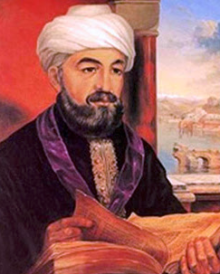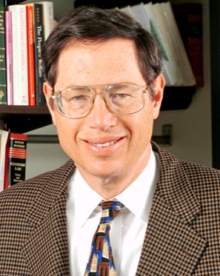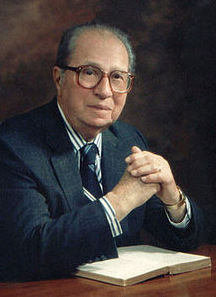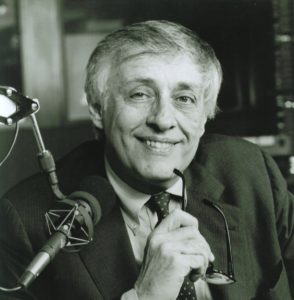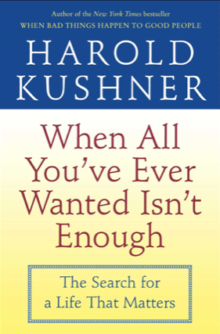
Living A Life That Matters
With Rabbi Harold KushnerAdded 4.25.19. In this 1986 episode, Milt and Rabbi Harold Kushner explore questions for The Ages stemming from Kushner’s then just-published book, “When All You’ve Ever Wanted Isn’t Enough: Living A Life That Matters.” It became a bestseller, and followed Kushner’s breakout 1981 bestseller, “When Bad Things Happen To Good People,” inspired partly by the death of Kushner’s son at 14 in 1977 from a progressive aging disease. Milt and Kushner probe how we can elevate virtue over despair, sidestep pursuit of false purposes, and be able approach the end of life with equanimity.



